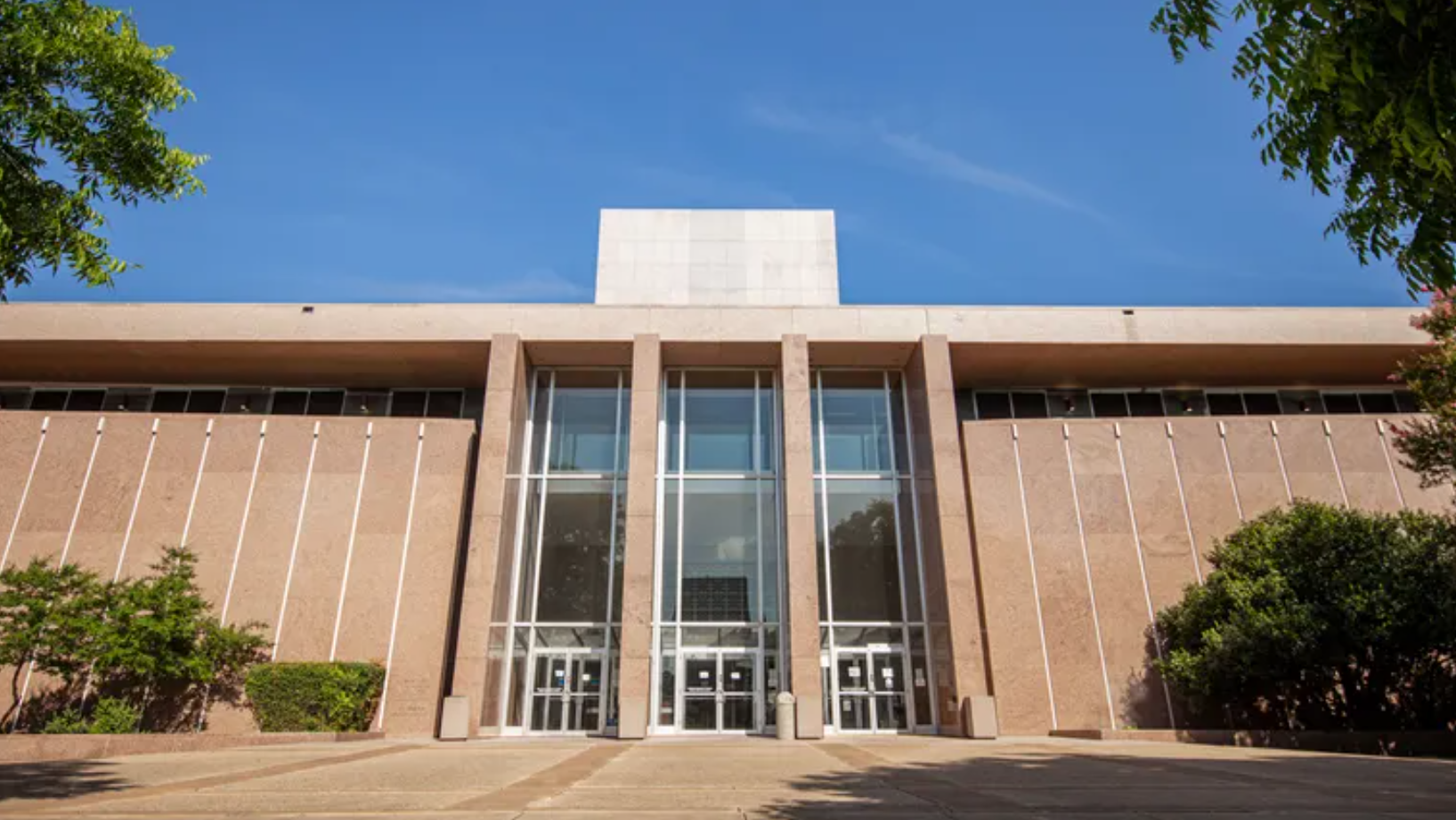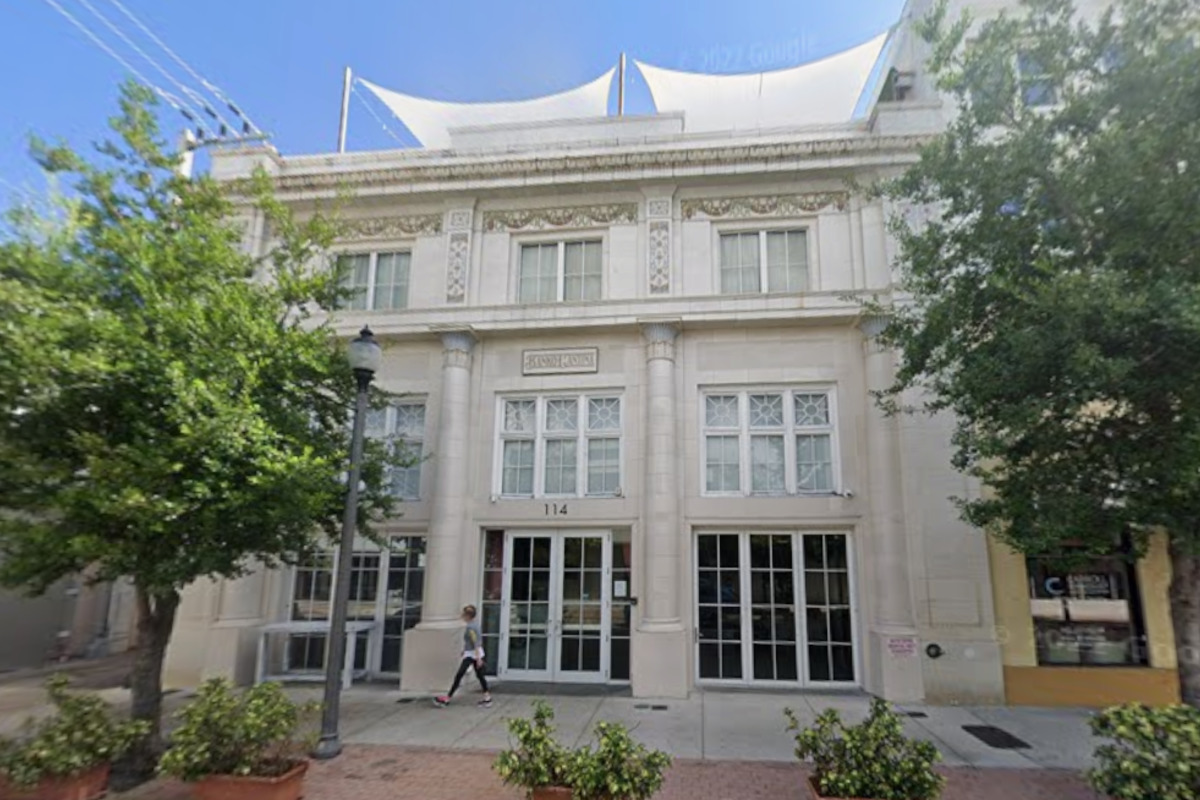URGENT UPDATE: The Texas Supreme Court has just made a controversial ruling allowing judges to refuse to perform wedding ceremonies for same-sex couples based on personal religious beliefs. This decision, announced last week, raises serious concerns about the constitutional right to equal protection under the law.
Experts warn that while this ruling doesn’t directly make it harder for same-sex couples to marry, it could have significant implications for their rights in Texas. David Coale, a constitutional law attorney, stated, “The new conduct code could lead to questions about how equal protection is applied, particularly concerning the landmark case Obergefell vs Hodges.”
The new judicial conduct code permits judges to publicly refrain from officiating weddings due to “sincerely held religious beliefs.” This change has immediate effects, allowing judges to potentially sidestep their responsibilities while still meeting ethical guidelines. Coale emphasizes that although some judges may refer couples to their colleagues, it could lead to discomfort and inequality.
“It raises serious questions,” Coale added. “If a judge directs someone to another judge next door, is that truly an acceptable solution? Are we comfortable with that?”
The ruling comes at a critical time for the LGBTQ+ community in Texas, as state lawmakers have introduced several measures affecting rights related to sexual orientation and gender identity. Earlier this month, Governor Greg Abbott declared that political ideologies, including rainbow crosswalks that symbolize Pride, must be removed from public spaces.
The broader implications of this ruling are profound. Coale stated that the Obergefell decision, which established the right for same-sex couples to marry, is grounded in equal protection principles. “Those principles are not significantly affected by this religious exemption,” he noted. Yet, the uncertainty looms large, with many questioning how judges will navigate their personal beliefs against their legal obligations.
As the legal landscape continues to evolve, the U.S. Supreme Court is currently considering whether to hear challenges to same-sex marriage, following a case from Kentucky where a clerk refused to issue marriage licenses due to her religious beliefs.
This decision by the Texas Supreme Court is a developing story that could reshape the marriage landscape for many in Texas. Stay tuned for updates as this situation unfolds. The implications of this ruling extend beyond the courtroom and into the everyday lives of countless couples, making it a critical issue for advocates and allies alike.







